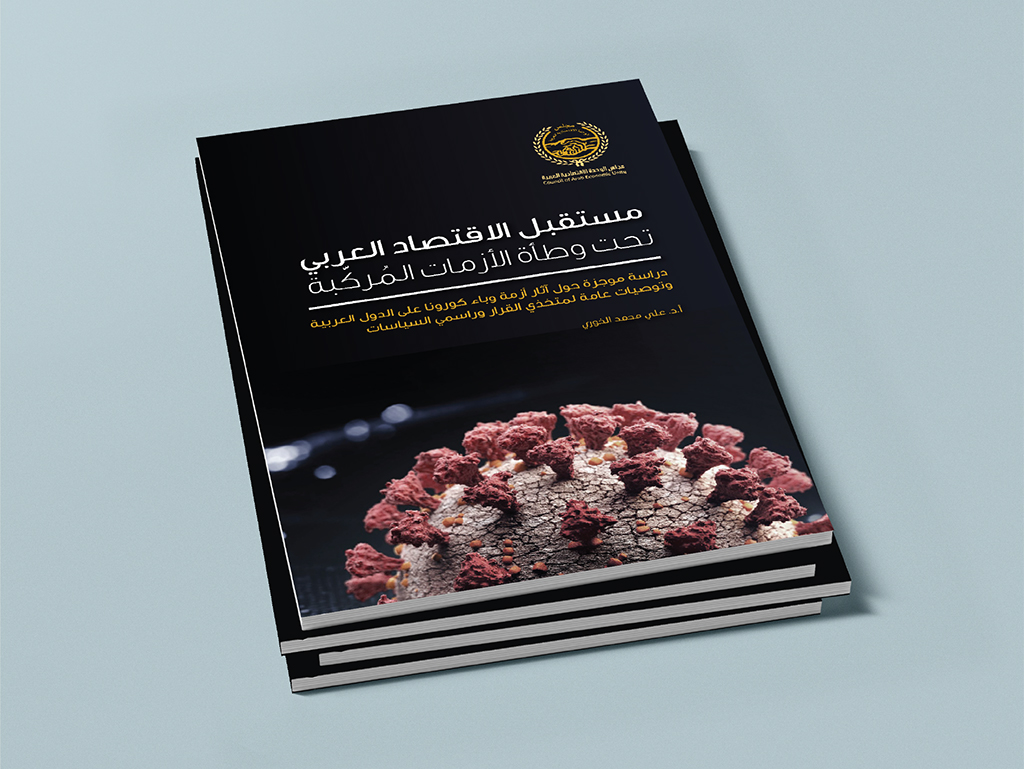
Dr. Ali Mohamed Al- Khouri: International cooperation and consolidation of relations has become an urgent matter to combat risks and coordinate macroeconomic policies
Abu Dhabi.. The Council of Arab Economic Unity of the League of Arab States issued a new study entitled “The future of the Arab economy under the weight of complex crises,” a brief study on the effects of the Corona pandemic crisis on Arab countries, with general recommendations for decision-makers and policy makers to deal with the repercussions of the crisis.
The study indicated that the global health catastrophe (Covid-19) coincided with two major crises in the Arab countries at the same time. Cold between the great powers, and the Arab economic conditions were affected by the crises of the Arab Spring conflicts and the decline in the price of oil in general from 2014 until the end of 2019.
The study indicated that the second crisis was represented by the emergence of a severe trade conflict between oil producers, which weakened demand and pushed prices down, bringing the price of a barrel to about twenty dollars, after it was stable at the level of 50 dollars, an unprecedented decline for nearly two decades.
In this regard, Dr. said. Ali Mohamed Al-Khouri, Advisor to the Council of Arab Economic Unity of the League of Arab States, and President of the Arab Union for the Digital Economy: “Coordination, international cooperation, and the consolidation of relations have become urgent issues, not only in combating risks, but also in coordinating macroeconomic policies.”
He stressed that despite the allocation of enormous financial resources that exceeded 10 trillion dollars, in various countries of the world – which are considered direct losses – the mandatory ban that was imposed in most countries of the world has greatly disrupted the wheels of production and most of them stopped spinning and communicating with each other and thus stopped Producing the economic value necessary for circulation and the continuation of the economy’s dynamic and effective movement.
He also pointed out the importance of Arab countries’ readiness and adoption of more innovative and realistic planning patterns to achieve their development goals, and to find a balance between inflation and unemployment rates.
The study confirmed that the recovery period will differ from one country to another, and according to the development models that countries will pursue, and presented a set of recommendations that need to be taken into account when adopting financial and economic policies in the Arab region:
| About | |
|---|---|
| Initiatives | |
| Knowledge | |
| Services | |
| Media Center | |
| Contact |